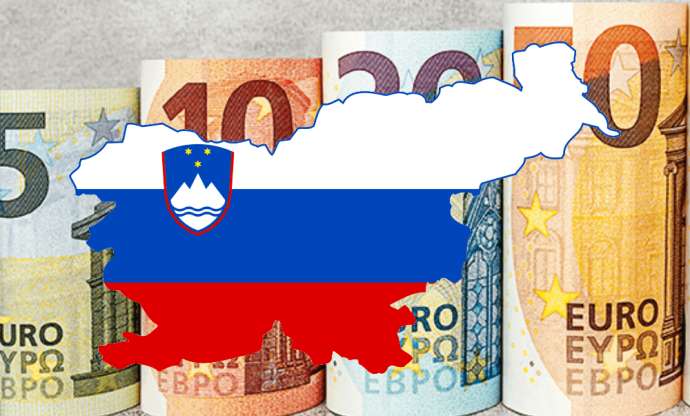STA, 21 May 219 - The Organisation for Economic Co-operation and Development (OECD) has downgraded its forecast for Slovenia's gross domestic product (GDP) growth for this year by 0.2 percentage points to 3.4%, while upgrading the 2020 forecast by 0.4 points to 3.1%.
In the forecast published on Tuesday, the OECD said that Slovenia's economic growth remained strong, being powered by the solid domestic consumption.
Domestic consumption is supported by the improving situation on the labour market, growth of wages in real terms and a high consumer confidence rate.
The EU structural funds, the companies' needs for additional production capacities and favourable financing conditions are maintaining a strong investment growth, while exports are slowing down due to lower demand.
The OECD expects that private consumption will increase this year by 3% (3.1% in 2020), state investments by 2.2% (1.9% in 2020), companies' investments in fixed assets by 8% (7.2% in 2020), exports by 5.8% (7% in 2020) and imports by 5.2% (5.9% in 2020).
Employment continues to grow, with hiring of foreign workforce also being on the increase, the OECD said, adding that the shortage of workforce was nevertheless the highest in the last ten years.
The Paris-based organisation noted that Slovenia's fiscal policy for this year was expansive, while that for 2020 was neutral, adding that Slovenia should make its fiscal policy stricter to keep inflation pressure in check and ensure fiscal sustainability.
Measures such as restricting early retirement and facilitating privatisation would contribute to mobilising labour resources which are not fully utilised at the moment, and make labour force available to fast-growing industries, the OECD added.
It said it expected economic growth in Slovenia to slow down in 2019-2020, adding that the higher domestic demand and growth of investments would be covered with higher imports.
Given the weaker demand from abroad and higher labour costs, the growth of exports will slow down, while the employment rate will drop below the natural rate, which is expected to facilitate wage growth and increase inflation.
Slovenia's economic growth could be higher than projected if households save less and increase consumption, or lower than projected if companies fail to increase their production capacities to the expected level.
This could result in a drop in their competitiveness and lower exports, the OECD said, adding that economic growth in Slovenia could also be negatively affected by a possible strong real estate market correction.







